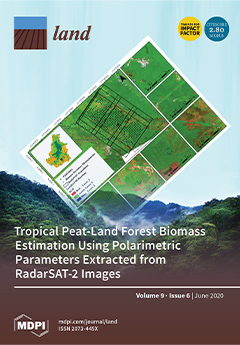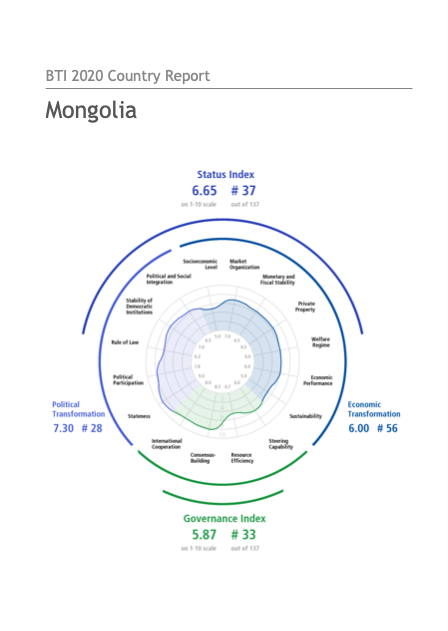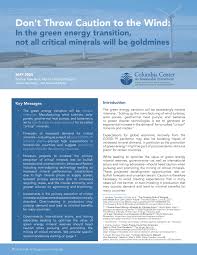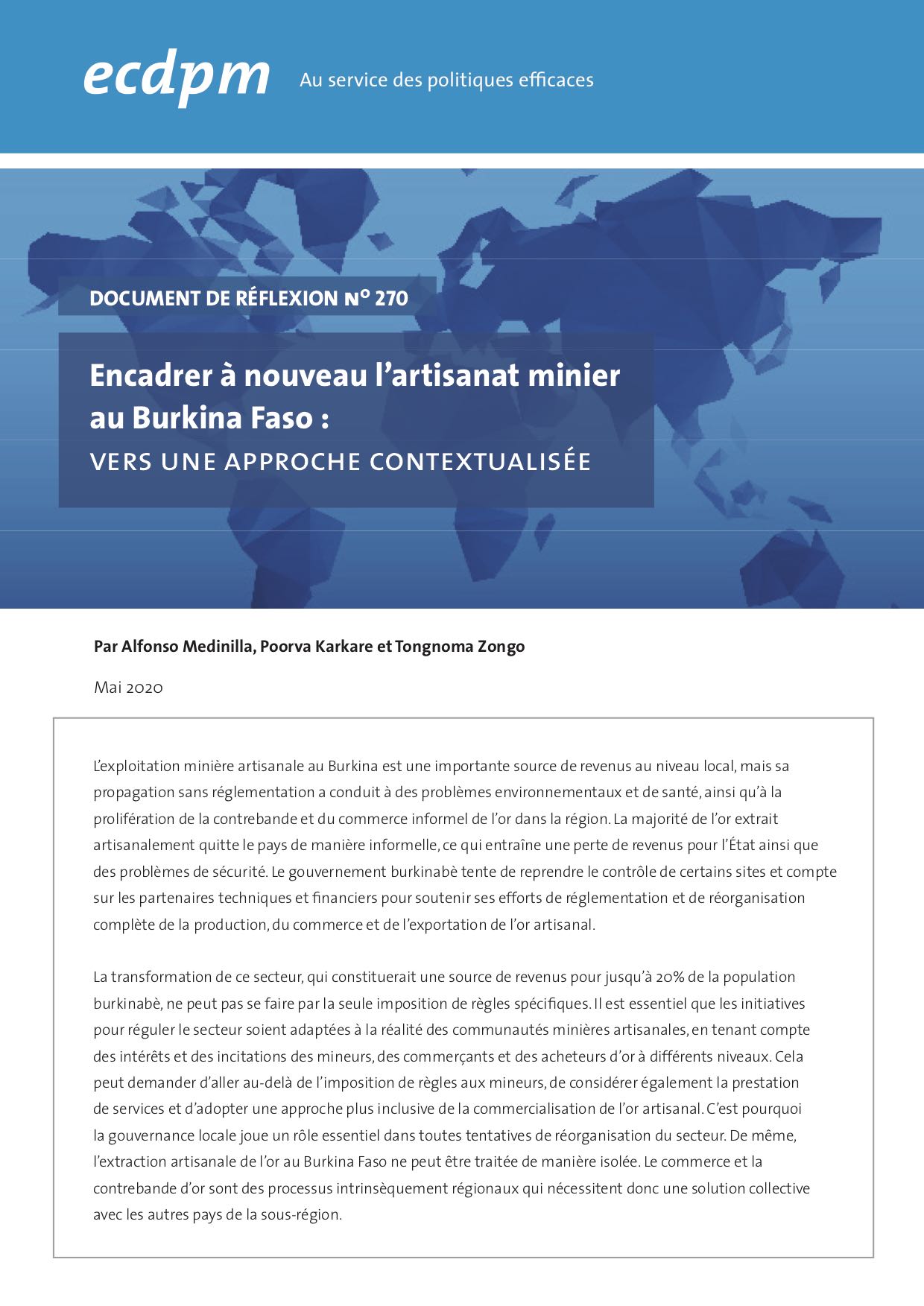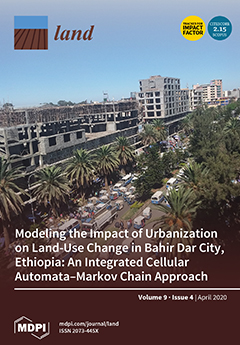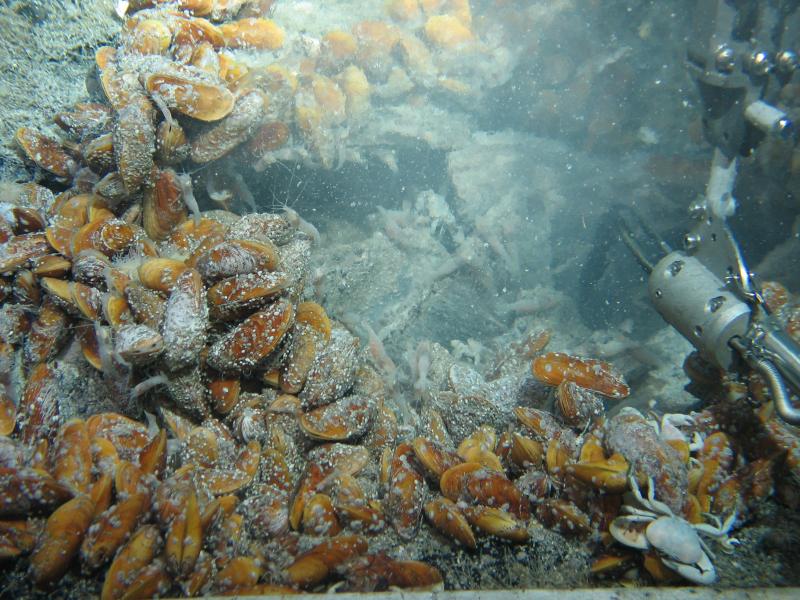Soil Erosion Susceptibility Mapping in Kozetopraghi Catchment, Iran: A Mixed Approach Using Rainfall Simulator and Data Mining Techniques
Soil erosion determines landforms, soil formation and distribution, soil fertility, and land degradation processes. In arid and semiarid ecosystems, soil erosion is a key process to understand, foresee, and prevent desertification. Addressing soil erosion throughout watersheds scales requires basic information to develop soil erosion control strategies and to reduce land degradation. To assess and remediate the non-sustainable soil erosion rates, restoration programs benefit from the knowledge of the spatial distribution of the soil losses to develop maps of soil erosion.



